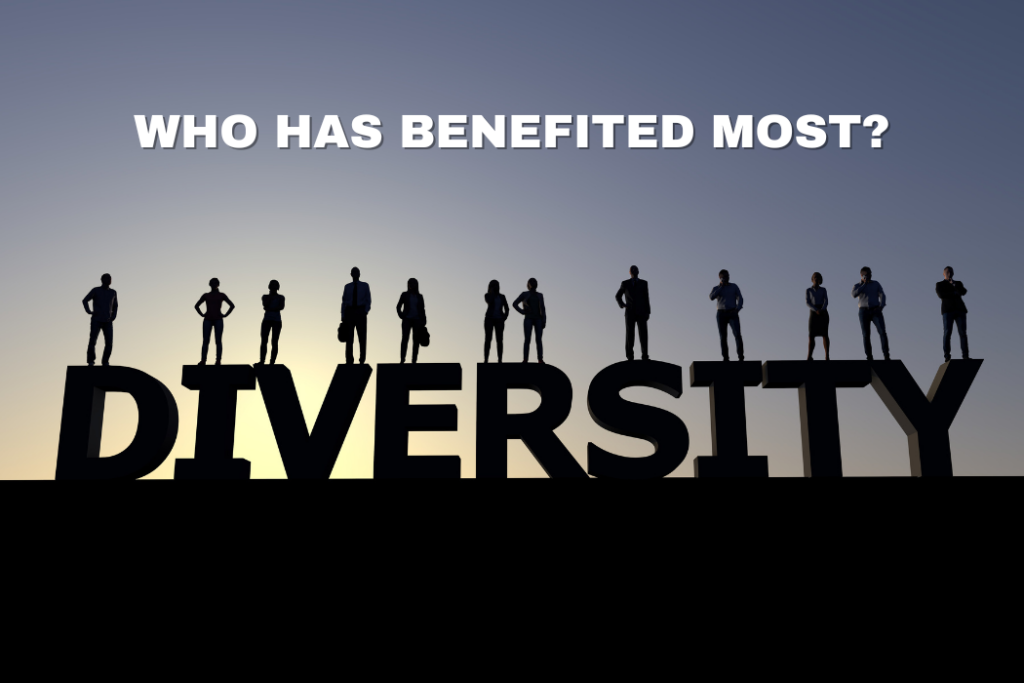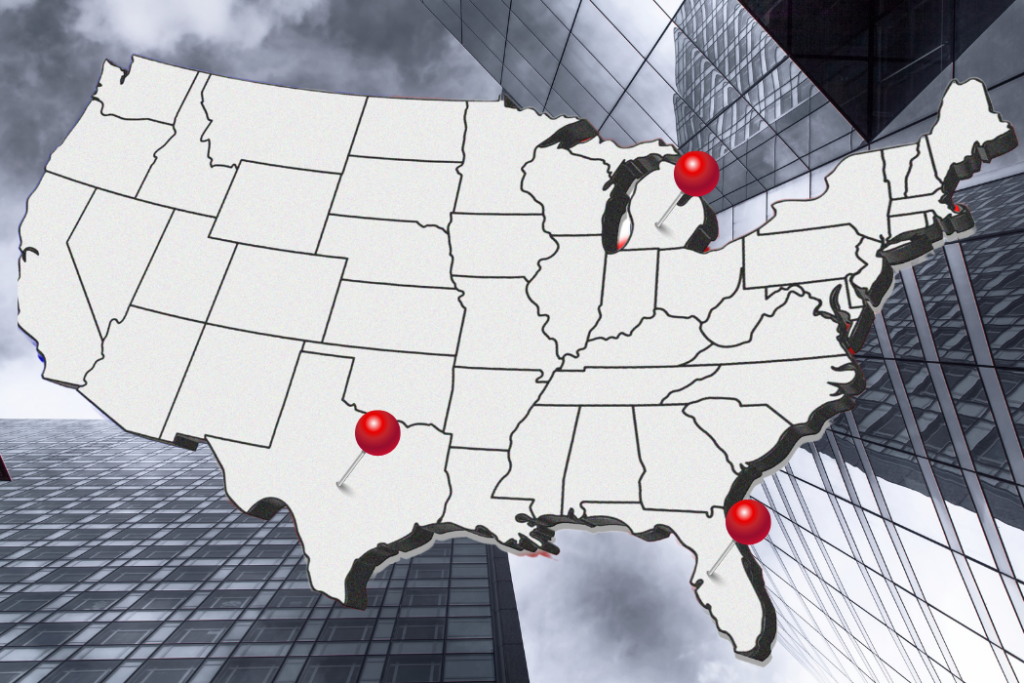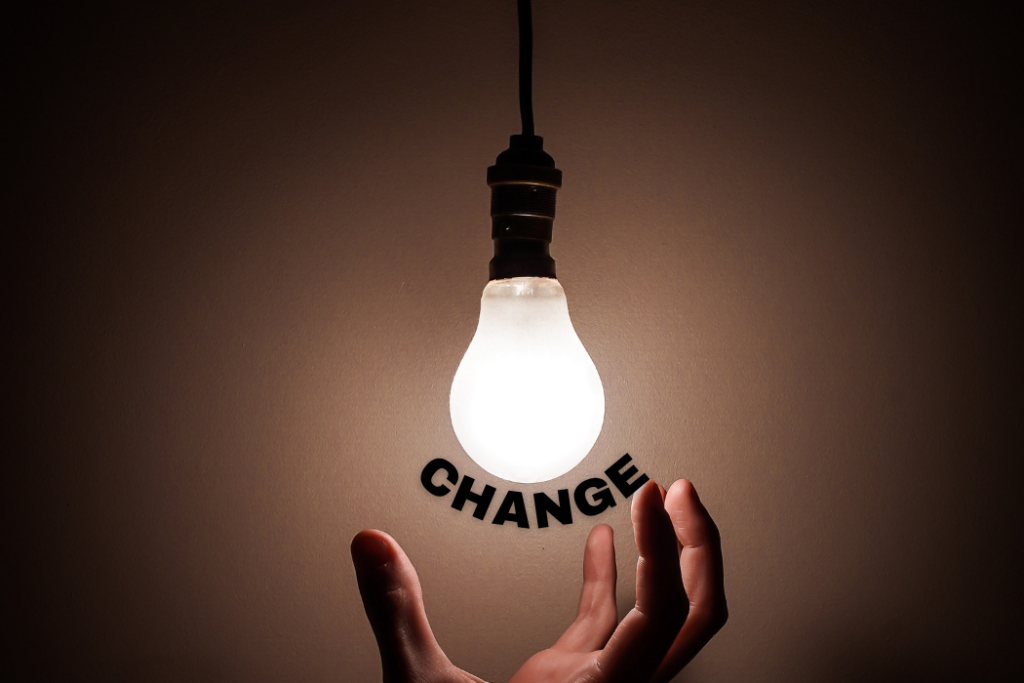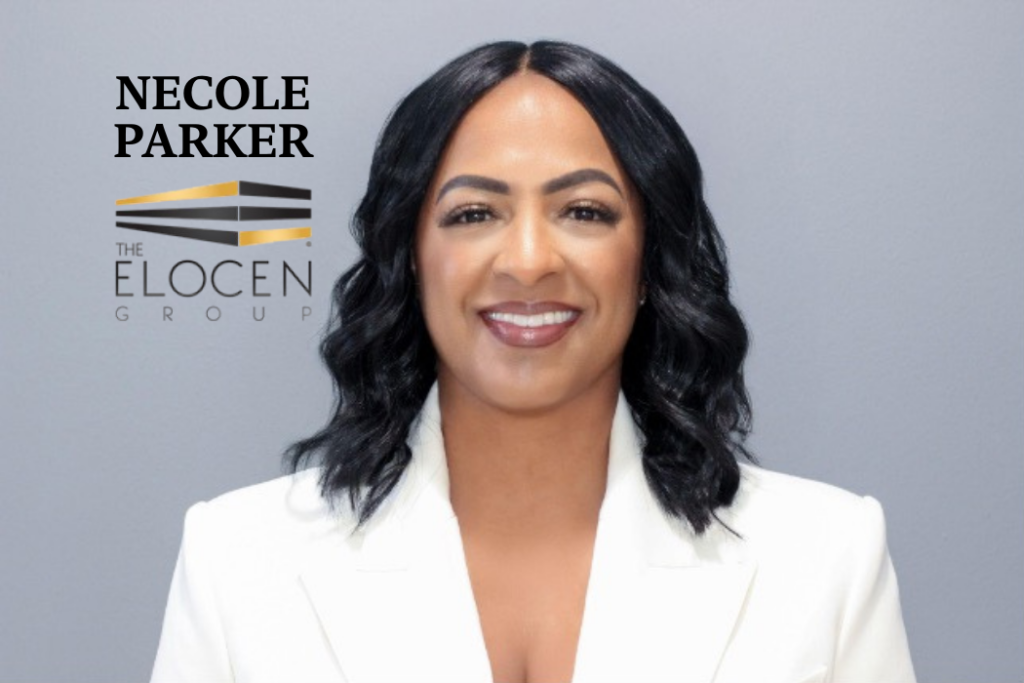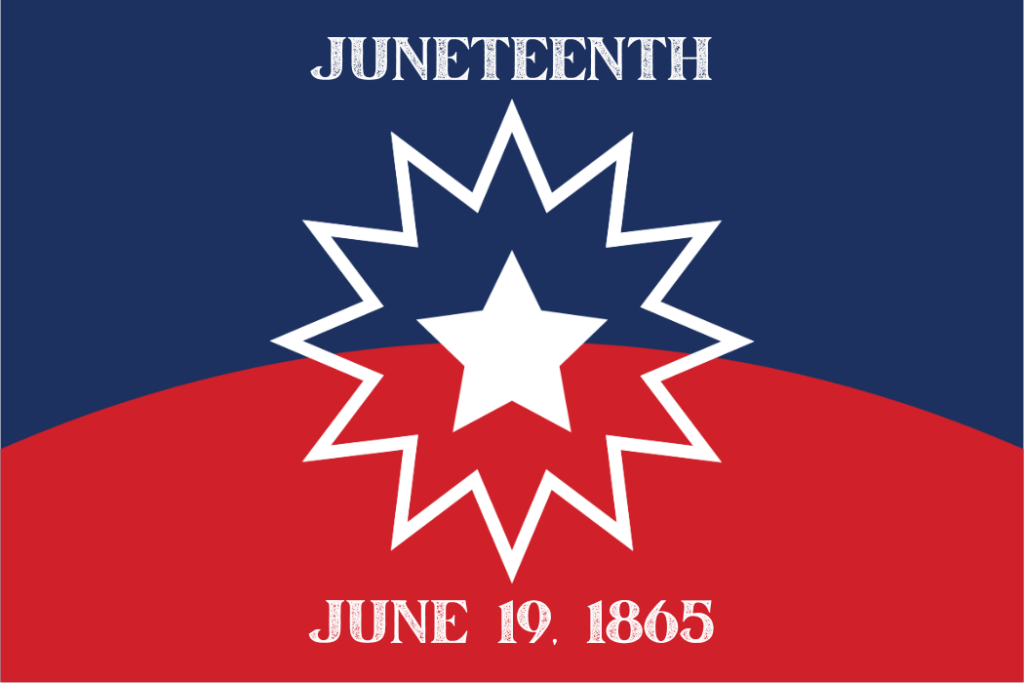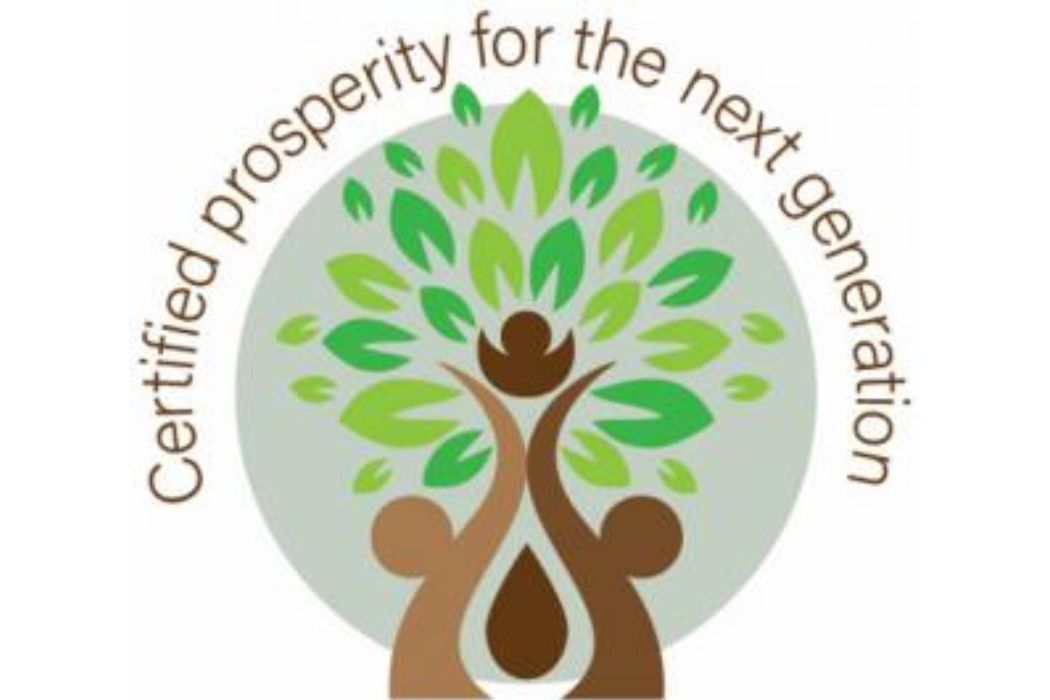
The Fund for Social Equity’s research found that most Americans are willing to pay a premium price for products and services if they know that they are helping to reduce the racial wealth gap in the U.S.
Two years ago, a working group of marketing and non-profit professionals who were disheartened by the growing racial wealth gap, came together to discuss what they could do to bring more wealth into Black communities. After several spirited conversations, they settled on creating a non-profit organization, The Fund for Social Equity (FSE), that would develop and market initiatives to narrow the racial wealth gap.

“We all came together around the same issue, which was numbers came out regarding the racial wealth gap. And the simple math of it is that the gap now stands at over $200,000 per household and increasing because the lowest paid 18-year-olds are Black and Native American and they’re also going to inherit the least,” says Mark Koide, a former general manager and CEO of several consumer packaged goods and service businesses and co-founder of FSE. “What we brought to bear was we are professional marketers [who] created organizations, created brands that had integrity. So, we took it upon ourselves to say, ‘Okay, what will we do? We will look to figure out ways to bring in more wealth into communities.’”
According to the Federal Reserve’s Survey of Consumer Finances, the nation’s racial wealth gap increased during the COVID-19 pandemic. Between 2019 and 2022, median wealth increased by $51,800, but the racial wealth gap increased by $49,950—adding up to a total difference of $240,120 in wealth between the median white household and the median Black household.
One of the concepts FSE has proposed is a program to certify Black American-owned businesses to differentiate their offerings from those of competitors. Black American-owned businesses who are certified through the organization will receive a seal that identifies their products and services as Black owned, managed, and operated to the broader American consumer population.
The proposed certification program is supported by a study the organization conducted which showed that most Americans are willing to pay a premium price for products and services if they know that they are helping to reduce the racial wealth gap in the U.S.
The organization’s research yielded valuable insights into innovative strategies for fostering inclusive economic development and advancing social justice, contributing to a more equitable and sustainable future for marginalized communities.
When asked about their purchase of a product or service with an identifying seal at a premium price:
- 47 percent of all Americans surveyed definitely or probably would buy; this increases to 78% among Black Americans,
- 77 percent of all Americans were neutral to positive on the concept.
More than 15 business sectors were tested and everyday purchases in food and consumer products scored the highest in appeal. The ability to command a price premium is important because it implies that these companies will be able to bring more revenue into the Black community.

“This provides an ‘aha’ moment for a lot of folks who, one, are really interested in seeing Black businesses grow. Two, who have always asked this question, ‘To what extent is there a value to it?’ There have been a lot of folks who’ve been trying to build Black, who’ve been promoting buying Black, but also there’s been this idea lurking in the background that somehow Black-owned businesses are not as qualified or are inferior to some extent to white and other owned businesses,” says Mark Winston Griffith, advisor to FSE, journalist, and professor. “This pushes back on [the] narrative in a very pointed way that says not only is there value, but we feel that as a consumer, that consumers should recognize that value and pay more for it. And this research proves that people believe that as well.”
Much like other minority business owner, third-party certification organizations, in order to use the FSE seal, a company must meet multiple requirements. To qualify as a minority-owned business with the National Minority Supplier Development Council, small businesses must be “51 percent minority-owned and operated, and the owners must be involved in daily management.” The ByBlack platform powered by the U.S. Black Chambers, Inc. requires businesses to be “majority (at least 51 percent) owned, operated, managed, and controlled by a Black/ African American person or persons who are either U.S. citizens or lawful permanent residents and exercises independence from any non-Black business enterprise and has its principal place of business (headquarters) located in the United States,” among other requirements.
FSE’s requirements are slightly more stringent:
- Black American ownership of more than 50 percent of the company,
- Operated with more than 25 percent in all management positions identifying as Black American,
- More than 25 percent of company materials and supplies purchased from other Black American businesses, and
- Implementing programs to recruiting, retention, and mentoring of Black American employees.
“We’ve put the bar pretty high in the concept. This is majority owned. It’s 25 percent management, 25 percent operating line people, or whoever the operations are in the company that provides the goods or services must be Black to have a seal. That will get difficult in the world out there, but we believe that is the integrity of the idea. And when we believe in the integrity of the idea, which is that in order to meet those criteria, the ownership stays in the community,” Koide says.
Armed with the data from research to support the need for a seal, FSE, which is focuse is seeking partners to help implement its certification process.
“I don’t want to come into this space as if, you know, this is all brand new, right? There have been organizations and people and communities who’ve been thinking about this kind of thing for a really long time. And I don’t want to enter this space with this you know, projecting this idea that we know it, we own this idea. I think we want to really communicate to the world that we’re interested in finding people who’ve been also thinking about this for a really long time and have something to offer to the conversation,” Koide adds.
Learn more about The Fund for Social Equity.




